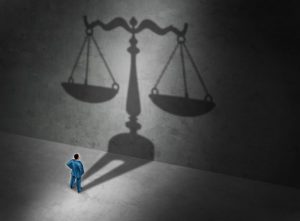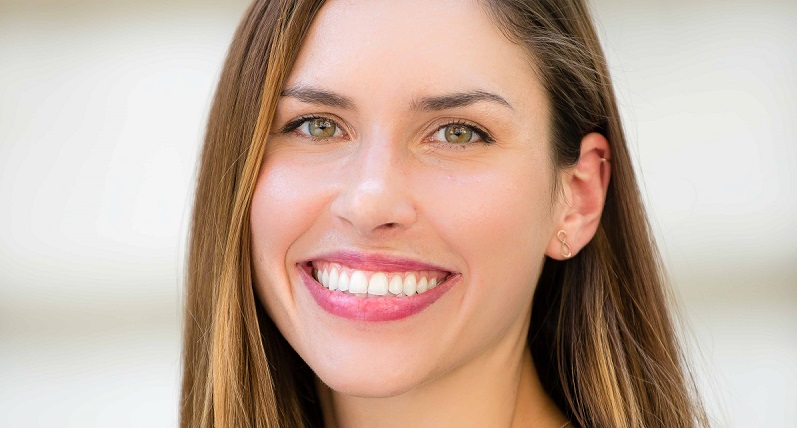
Courts Belong To The People: Tackling The Justice Gap With Sonja Ebron
Over 75% of civil cases involve at least one self-represented litigant.

Over 75% of civil cases involve at least one self-represented litigant.

Do we overlawyer cases on the theory of leaving no stone unturned?

A new proposal would let wealthy foreign nationals secure an opportunity for a U.S. green card with a $1 million 'gift' to the government, sparking legal and ethical debate.

A State Bar task force is trying to address the longstanding problem.

Substituting algorithms for the human touch robs us of the very personal nature of the practice of law.

Addressing this crisis requires cooperation and collaboration.

Education is the key to changing the mindset of the legal system, and each of you can play a role in making that happen.

This Pro Bono Week, get inspired to give back with PLI’s Pursuing Justice: The Pro Bono Files, a one-of-a-kind podcast hosted by Alicia Aiken.

How is it that we can be at a time of unprecedented innovation in legal technology and yet see the justice gap grow only wider?

Innovative new technology could make courts obsolete in straightforward civil disputes.

A new law school program could make a difference in the lives of self-represented litigants across the country.

This public interest attorney is doing all she can to close the justice gap.

AI powers tools for data intake, document management, and drafting contracts.

The current reality in the market leaves the vast majority of business litigation unserved.

A Harvard law professor and his colleagues are trying to change this.

A new venture offers citizens, lawyers and non-lawyers alike, a way to participate in important courtroom battles.

If this “benefit corporation” model succeeds in legal, it could open up the world of pro bono to public investment.

Technology columnist Robert Ambrogi looks back on the year that was.